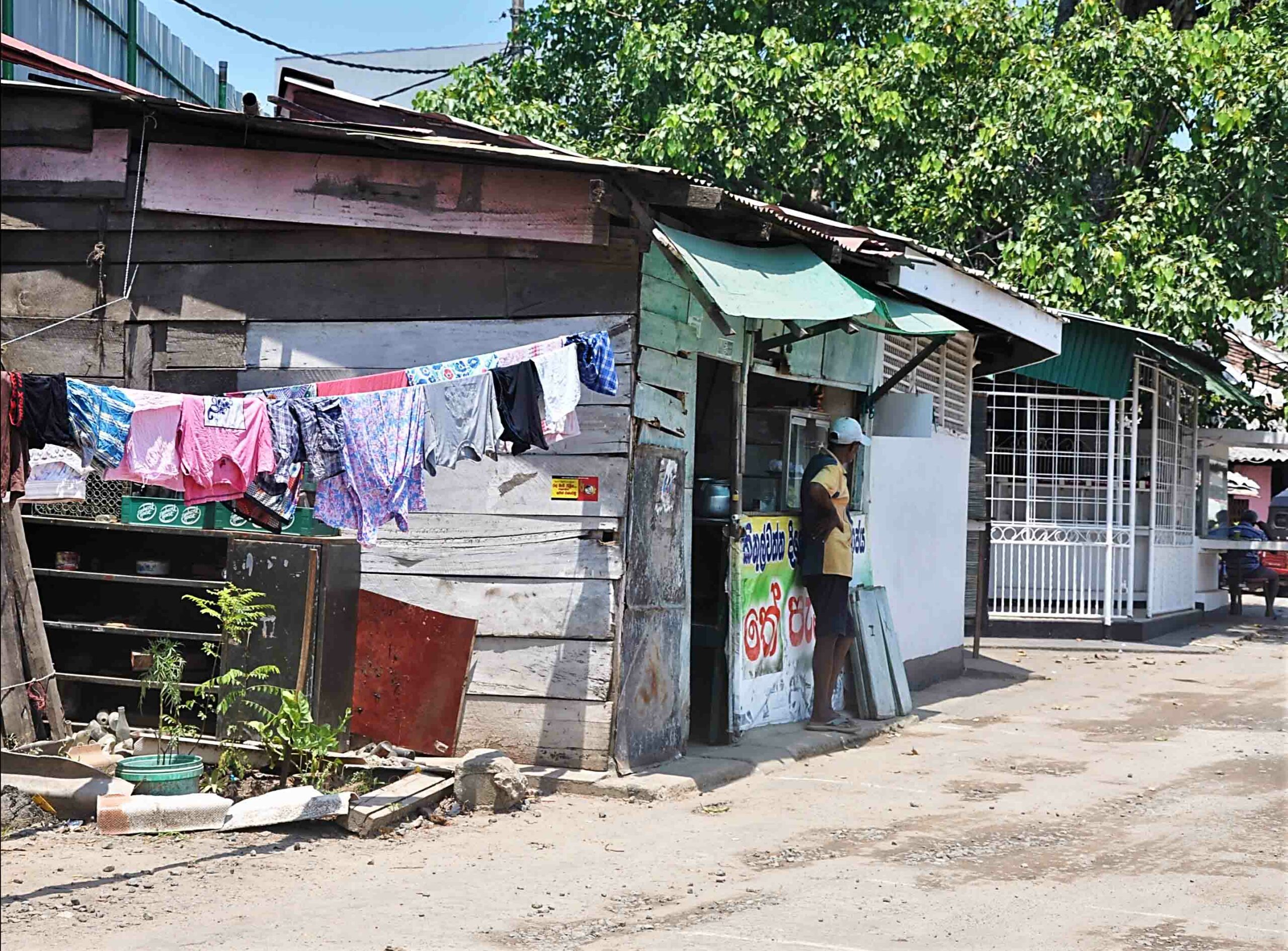An investigation of informal settlements in Sri Lanka
Modernist and colonial ideas of informal settlements have resulted in them carrying negative connotations. This does not allow for an understanding of their complex nature, nor recognition of the role informality plays in cities and communities in developing countries. In this dissertation, Virosh Samuel analyses Bernard Rudofsky’s theories of ‘vernacular’ as a communal enterprise.
Focusing on the city of Colombo in Sri Lanka, Samuel seeks to better understand informal settlements by reflecting on Rudofsky’s ideas of the vernacular as a spontaneous and continuing activity of a whole people with a common heritage.
Colombo today has over 1700 informal settlements that the state plans to relocate as the city develops. This raises the question of re-housing; How best can we approach re-housing a settlement that is self-formed and constantly changing with the evolving needs and diverse identities of the inhabitants? Informal settlements develop in response to the inhabitants’ needs, encouraging interdependency that is so important in overcoming the individual vulnerabilities of a community.
This dissertation seeks to understand these intertwined social and architectural dynamics within the context of an informal settlement in Colombo, and through this to evaluate a series of rehousing projects. By understanding this relationship between communal reciprocity and architecture, this dissertation considers models to understand how the spatialisation of social interdependency could inform future housing.
